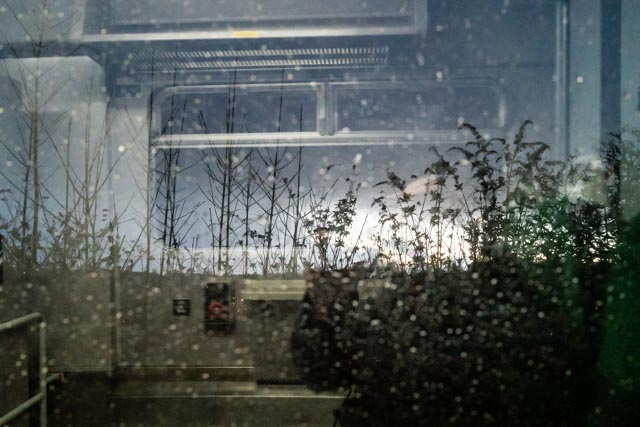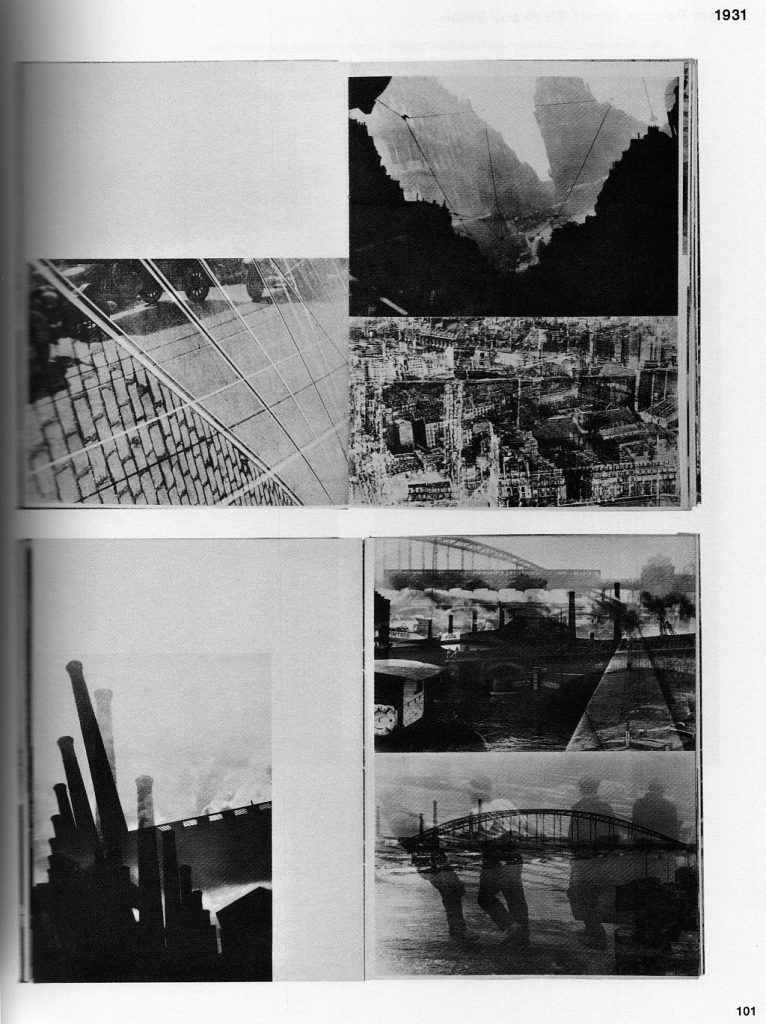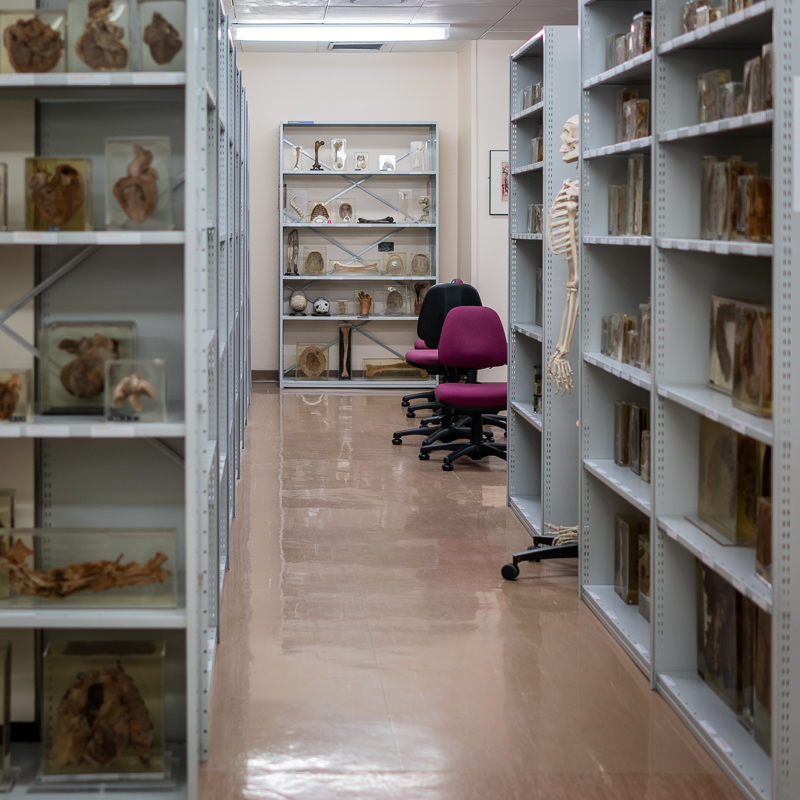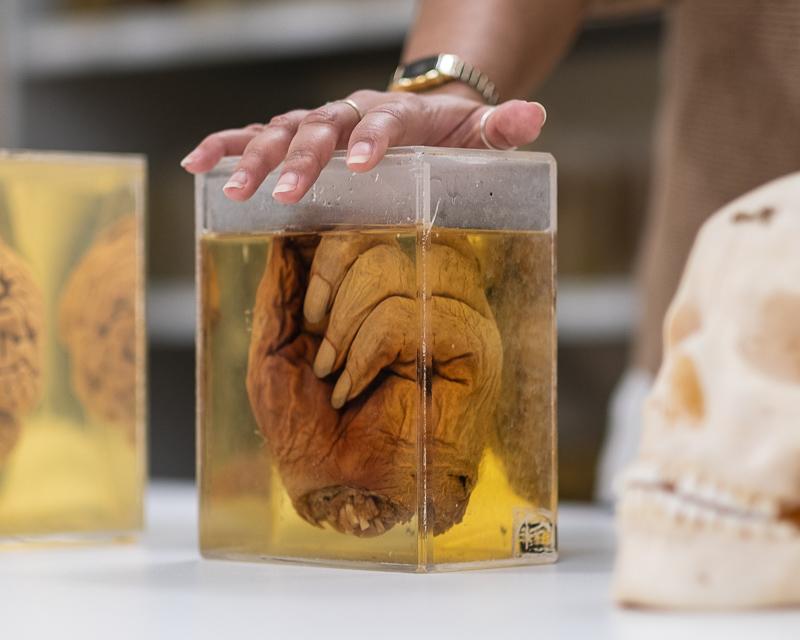No formal task for the reflection this week, so I’ll just briefly reflect on the development of my work over the past week and point to other relevant posts. I have posted reflections on the portfolio reviews and the skills building workshops at the Falmouth Face to Face.

The former were really useful in reflecting on my current work, how I will develop this over the next module (Surfaces and Strategies, with a focus on different ways of presenting and making images material) and how to prepare (in terms of development of my practice) for the FMP. The latter helped me to develop skills in producing, processing and presenting images, and get to know other participants and tutors on the programme. I have written about The Living Image conference and how the themes addressed relate to the development of my own work here.
Over the past week I have been able to develop my thinking and practice in relation to a number of the issues raised last week. Time and the archive have been major themes. The Moving Objects Symposium raised questions about the place of the archive in the life of displaced communities, including those in refugee camps, and highlighted the role that the creative arts, and arts based methods, can play in understanding and empowering communities. More detailed consideration of this, and the Moving Objects: Stories of Displacement exhibition are posted here. I also went to the Deutsche Börse Photography Foundation Prize 2019 shortlist exhibition (reflections on that are here) and Grace Weir’s installation Time Tries All Things at the Institute of Physics (reflections on that here, in relation to the theme of spacetime and photography). I also took part in the London Prosperity Board Prosperity Index Users Group workshop at the Institute for Global Prosperity, which provided a good opportunity to strengthen links with with community and local authority stakeholders around the Olympic Park and in Barking and Dagenham, which I will need for my FMP, and to help shape the use of the Index in east London.
The major development in relation to my own work was studying the work of Moshe Raviv Vorobeichic, and in particular how he deals with time through photomontage in his two 1931 photo-books, Wilna and Paris (see discussion of this work in Nelson, 2010).

It was good to discuss this in relation to my own composite images with Michelle at the 1 to 1, and I’ll develop this further. In particular, I want to consider how I can juxtapose images with the composites (we decided that to put the constituent images alongside the composites would be distracting). In response to developments in contemporary understandings of spacetime, I am also thinking about pulling out smaller sections of the composites (a technique that was also used by Vorobeichic).
In relation to practical image-making, I attended a session on the ethics of exhibiting human body parts and spent half a day with students at the UCL Pathology Collection, photographing items from the collection that they will use in their presentations next week.

This collection is not open to the public. I have spoken to the curator about the possibility of working with the collection in producing artistic work, and she is keen to do this.

I’ll follow up, and could possibility use this as a focus for the activities and portfolio work for the Surfaces and Strategies module.
References
Nelson, A. 2010. ‘Suspended relationships: the montage photography books of Moshe Raviv Vorobeichic’, in Baetens, J., Streitberger, A., and Van Gelder, H. (eds), Time and Photography. Leuven Univeristy Press, pp. 141–164.
Vorobeichic, M.R. 1931. Ein Ghetto in Osten (Wilma). Schaubücher 27. Zurich/Leipzig: Orell Füssli Verlag.
Vorobeichic, M.R [Moi Ver]. 1931. Paris. Paris: Éditions Jean Walter.
Exhibitions
Deutsche Börse Photography Foundation Prize 2019 shortlist. The Photographers Gallery, London.
Moving Objects: Stories of Displacement. UCL Octagon Gallery, London.
Time Tries All Things, installation by Grace Weir, Institute of Physics, London.
